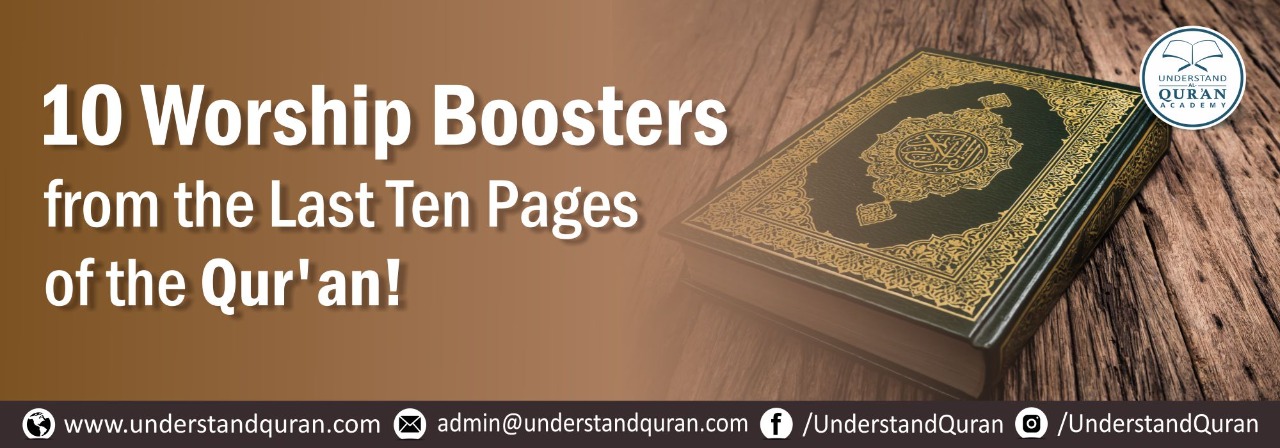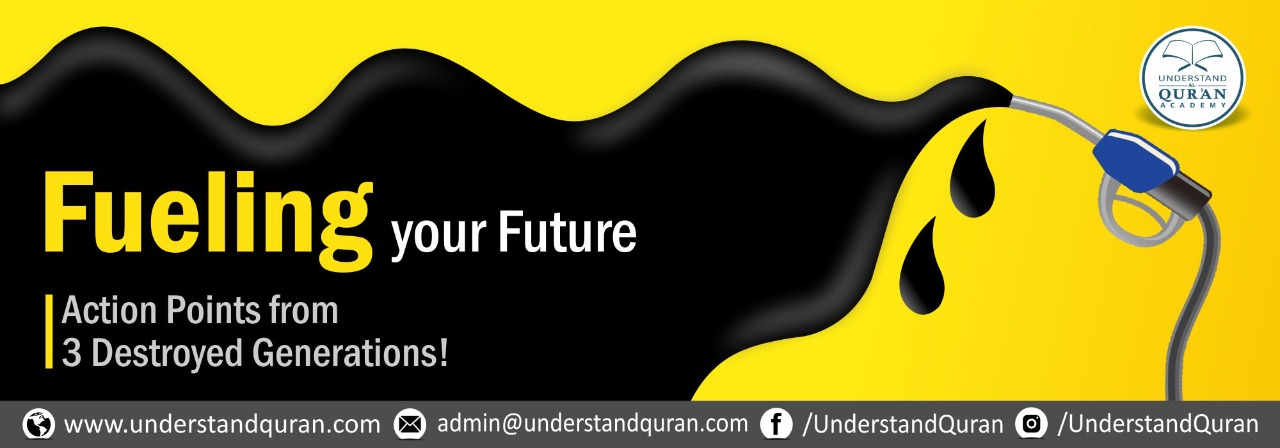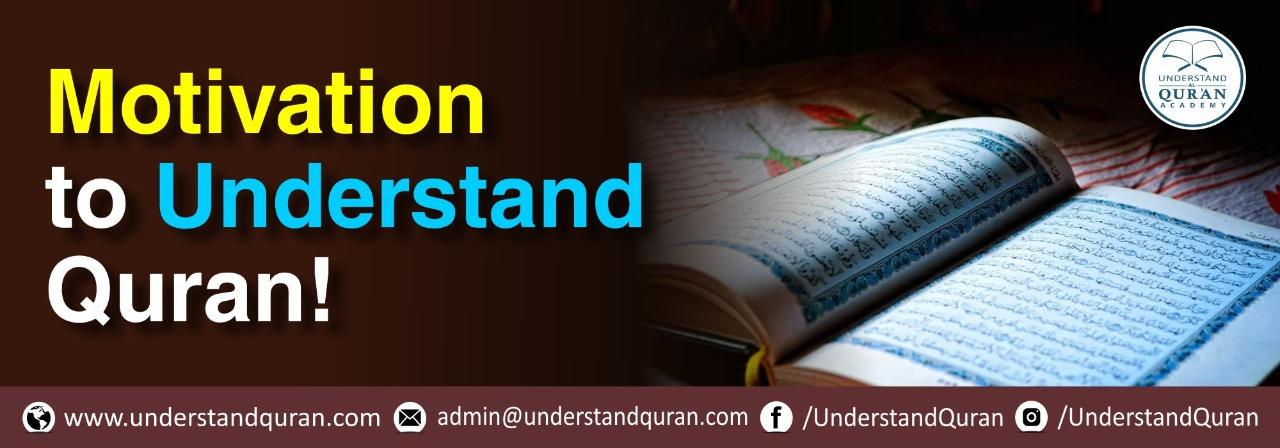Insta-Famous, Followers & Likes: 5 tips from Surah At-Takaathur
How many followers does he have? How many subscribers does she have? How many likes did I get? Did we ever reflect on what seeking fame does to our faith and how we can deal with the effects of it on our Iman? What is more important to you, the amount of followers of likes you get or the acts of worship you managed to complete? The answer might seem obvious; but what do our actions show? Somehow, we feel we need to fit in, and we want to ‘count’ both online and offline. But does it give us peace and real contentment?
Ka‘b ibn Maalik said: The Messenger of Allah ﷺ said: “Two hungry wolves sent against a flock of sheep cannot cause more damage to them than a man’s eagerness for wealth and prominence causes to his religious commitment.” [At-Tirmidhi]
Let’s discover five action points from Surah At-Takathur, to battle the diseases and restlessness that come with our Insta-famous and superficial social media fame culture.
Ibn Taymiyyah, may Allah have mercy on him, explained: if there is sound religious commitment, there cannot be this eagerness (for wealth and prominence), because once the heart tastes the sweetness of servitude to Allah and love of Him, then there will be nothing dearer to the individual than that, and he will give it precedence over other things. In that way, Allah diverts evil deeds and shameful acts from those who are sincere to Allah alone. [Majmoo‘ al-Fataawa]
1. Recognize the distraction.
It’s impossible to focus on what matters when you aren’t able to recognize the distractions. Allah, the Most High, says in the first ayah of Surah At-Takaathur: The Piling up of worldly things diverts you, or competition in [worldy] increase diverts you.
Takaathur, comes from the same root as katheer; plentifulness. Do you notice how much we are trying to ‘pile’ up? From money, looks, possessions, to followers and likes. Here Allah, the Most High, clearly points out what distracts us our path to Him, from what we really should be doing. This means not only wanting more, but also taking pride in having more.
The Prophet ﷺ said: This wealth is (like) green and sweet (fruit), and whoever takes it without greed, Allah will bless it for him, but whoever takes it with greed, Allah will not bless it for him, and he will be like the one who eats but is never satisfied…[Al-Bukhari]
Action point: Realize that piling up worldly things affects your faith and that our wealth and children should be a means to remember Allah, the Most High. Then beg Him to protect and cure you from greed.
You can use the supplication of Abdur-Rahman ibn ‘Awf, may Allah be pleased with him, one of the richest men at that time: O Allah, protect me from the greed of my soul
اللَّهُمَّ قِنِي شُحَّ نَفْسِي (Allahumma Qini Shuh’ha Nafsi)
2. Question yourself.
One of the most powerful ways to wire your brain and get clarity of mind is to ask yourself questions. Now you’ve seen the proof of the Creator Himself on how piling up worldly things distracts you from Him, it’s time to question yourself.
Action points: Ask yourself the following questions and inspire others to: What is my real purpose and is most of my day working for or against this purpose? What am I doing with my life? How am I making the world a better place? Of the billions of human beings in this world, Allah, the Most High, chose to guide me. What is distracting me from the message of the Qur’an, which was supposed to give me guidance in my life?
3. Let the end motivate you from the start.
In the second ayah Allah, the Most High, says: until you visit the graves.
Zurtum (زُرْتُمْ), and ziyaarah (زِيَارَة) mean to go meet someone, a temporary visit; the graves are a temporary stop before the Day of Judgement. Allah, the Most High, doesn’t use this word for Hell and Paradise, as people will stay there forever.
And in Ayah: 3 till 5, Allah said: Not at all, (but) eventually you will know. Again, not at all, (but) eventually you will know. No! If you only knew with knowledge of certainty. One way to battle the worldly distractions all around us, is to think of death and the world of the grave. Imagine realizing on the Day of Judgment how distracted you were in this world and saying: What have I done?
Action point: Use the supplication the Prophet ﷺ used:
اللَّهُمَّ إِنِّي أَعُوذُ بِكَ مِنْ عَذَابِ الْقَبْرِ، وَأَعُوذُ بِكَ مِنْ فِتْنَةِ الْمَسِيحِ الدَّجَّالِ، وَأَعُوذُ بِكَ مِنْ فِتْنَةِ الْمَحْيَا وَفِتْنَةِ الْمَمَاتِ،
اللَّهُمَّ إِنِّي أَعُوذُ بِكَ مِنَ الْمَأْثَمِ وَالْمَغْرَمِ
(Allahumma inni a’oodhu bika min ‘adhaab il-qabr, wa a’oodhu bika min fitna-til-masee-hid-dajjaal, wa a’oodhu bika min fitna-til-mahyaa wa fitna-til-mamaat. Allaahumma inni a’oodhu bika minal-ma’tham wal-maghram). [Al-Bukhari]
O Allah, I seek refuge in You from the torment of the grave, I seek refuge in You from the tribulation of the Dajjaal, I seek refuge in You from the trials of life and death, O Allah, I seek refuge in You from sin and loss.
4. Cultivate your certainty.
In the next two aayat (Ayah: 6 and 7), Allah, the Most High, inform us: Surely, You [all] shall see the blazing Fire (Hell)! Then you shall most certainly see it with certainty of sight.
Yaqeen means a solid conviction; it’s more than just knowing something. Death is also described with ‘Yaqeen’ in the Qur’an, and both believers and disbelievers are certain of it: And worship your Lord until there comes to you the certainty [yaqeen] (death). [Qur’an, 15:99].
There are three types of Yaqeen: based on knowledge (‘ilm al yaqeen), based on seeing (‘ayn al yaqeen) and based on the reality of feeling (haqq al yaqeen). For example, smoke signifies fire even if you didn’t see the fire, then seeing the actual fire, then feeling the fire actually burning you.
5. Action your blessings.
In the last Ayah, (Ayah 8) Allah, the Most High, concludes: Then certainly you will be asked, on that Day, you will be interrogated thoroughly about the blessings or comforts.
Ni’mah means blessing or comfort, Na’eem indicates the ongoing and continuous blessings you got; what did you do with them? The more we have, the more we will be asked about; yet we compete with others for these blessings.
Action point: Use the supplication of the Prophet Sulaiman, peace be upon him:
رَبِّ اَوۡزِعۡنِىۡۤ اَنۡ اَشۡكُرَ نِعۡمَتَكَ الَّتِىۡۤ اَنۡعَمۡتَ عَلَىَّ وَعَلٰى وَالِدَىَّ وَاَنۡ اَعۡمَلَ صَالِحًـا تَرۡضٰٮهُ
وَاَدۡخِلۡنِىۡ بِرَحۡمَتِكَ فِىۡ عِبَادِكَ الصّٰلِحِيۡنَ
My Lord, enable me to be grateful for Your favor which You have bestowed upon me and upon my parents, and to do righteousness of which You approve. And admit me by Your mercy into [the ranks of] Your righteous servants. [Qur’an, 27:19]
Praying you will benefit,
Hundreds of thousands of Muslims have benefitted from our short courses in Arabic and unique methodology. So, can you!
Apply here for a FREE TRIAL now.
Khawlah b. Yahya – United Kingdom
Khawlah b. Yahya founded SISTERS’ PROJECT in 2008, a United Kingdom based women’s support organization, the creative community lead in an art gallery and is a writer for different Islamic organizations and academies. She authored the renown How to Live by the Names of Allah Series, published by the Understand Qur’an Academy, as well as the internationally shared Revive a Sunnah Series. She focuses most of her work on how to translate classic Islamic Knowledge to daily life action. She recently released Personal Lessons from the Qur’an, in which daily life action points are based on Qur’anic Ayaat in a way that’s never seen before. You can purchase the E-book on: understandquran.com////////////////////////product/personal-lessons-from-the-quran/






